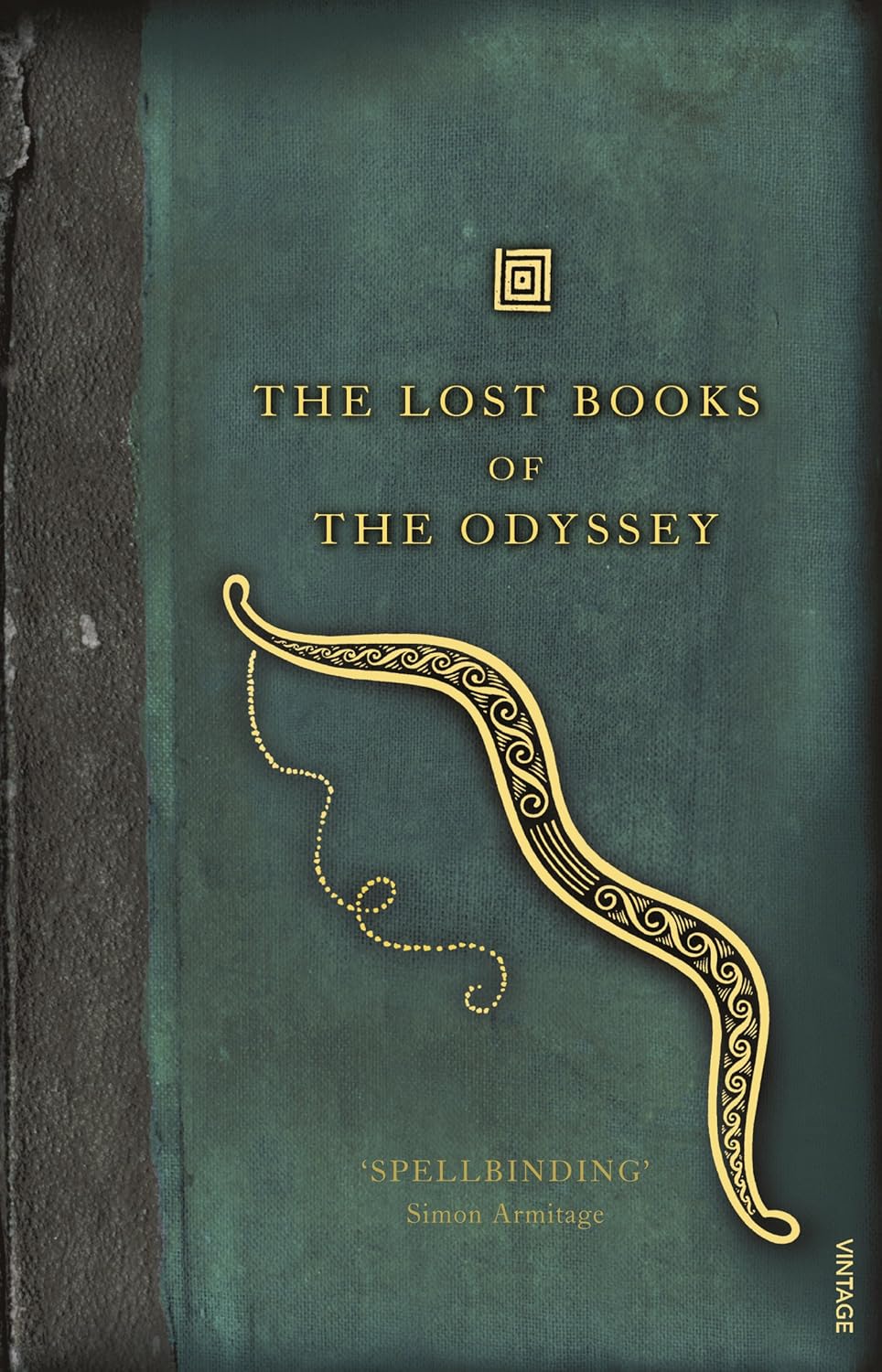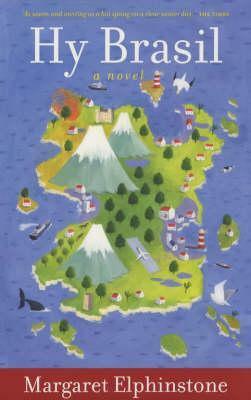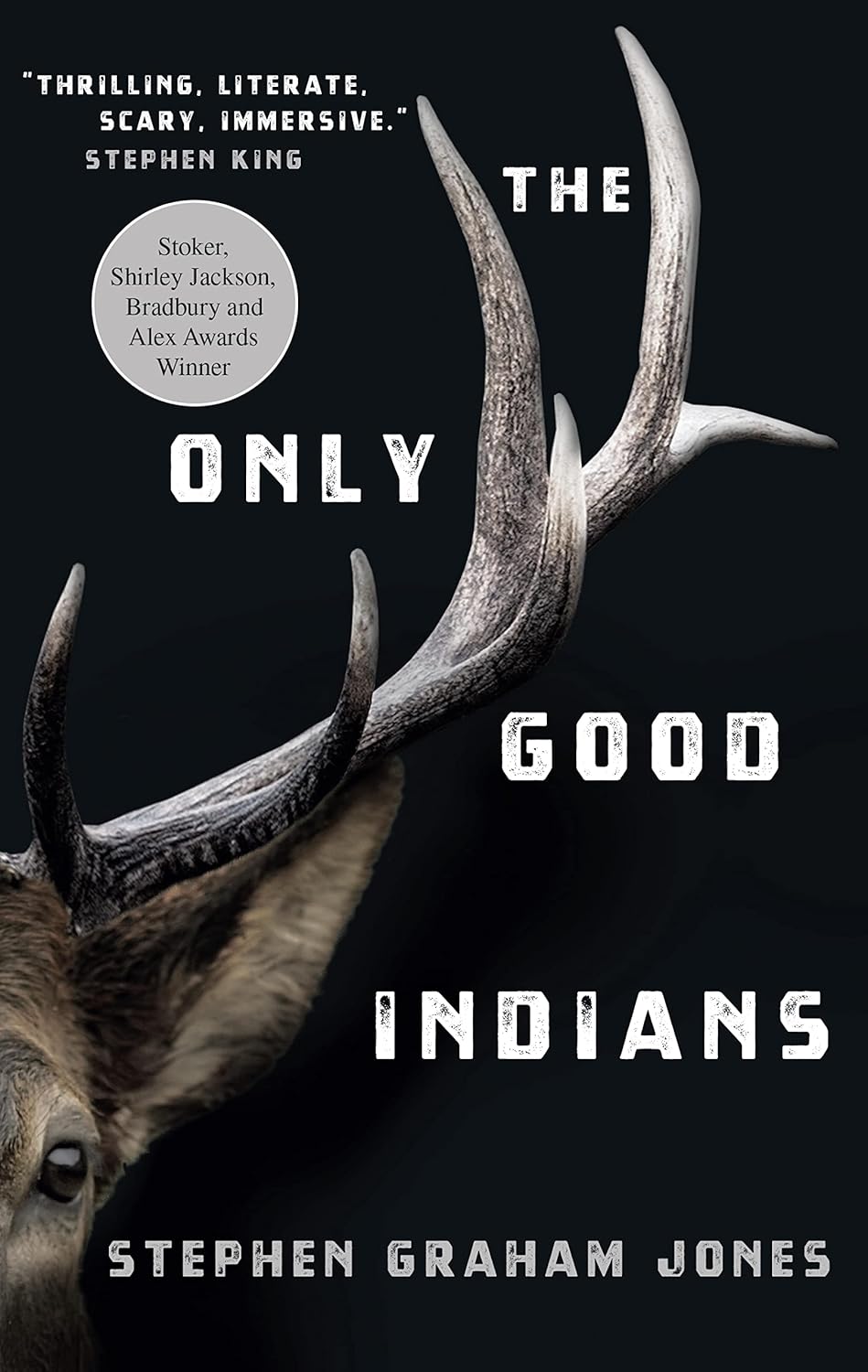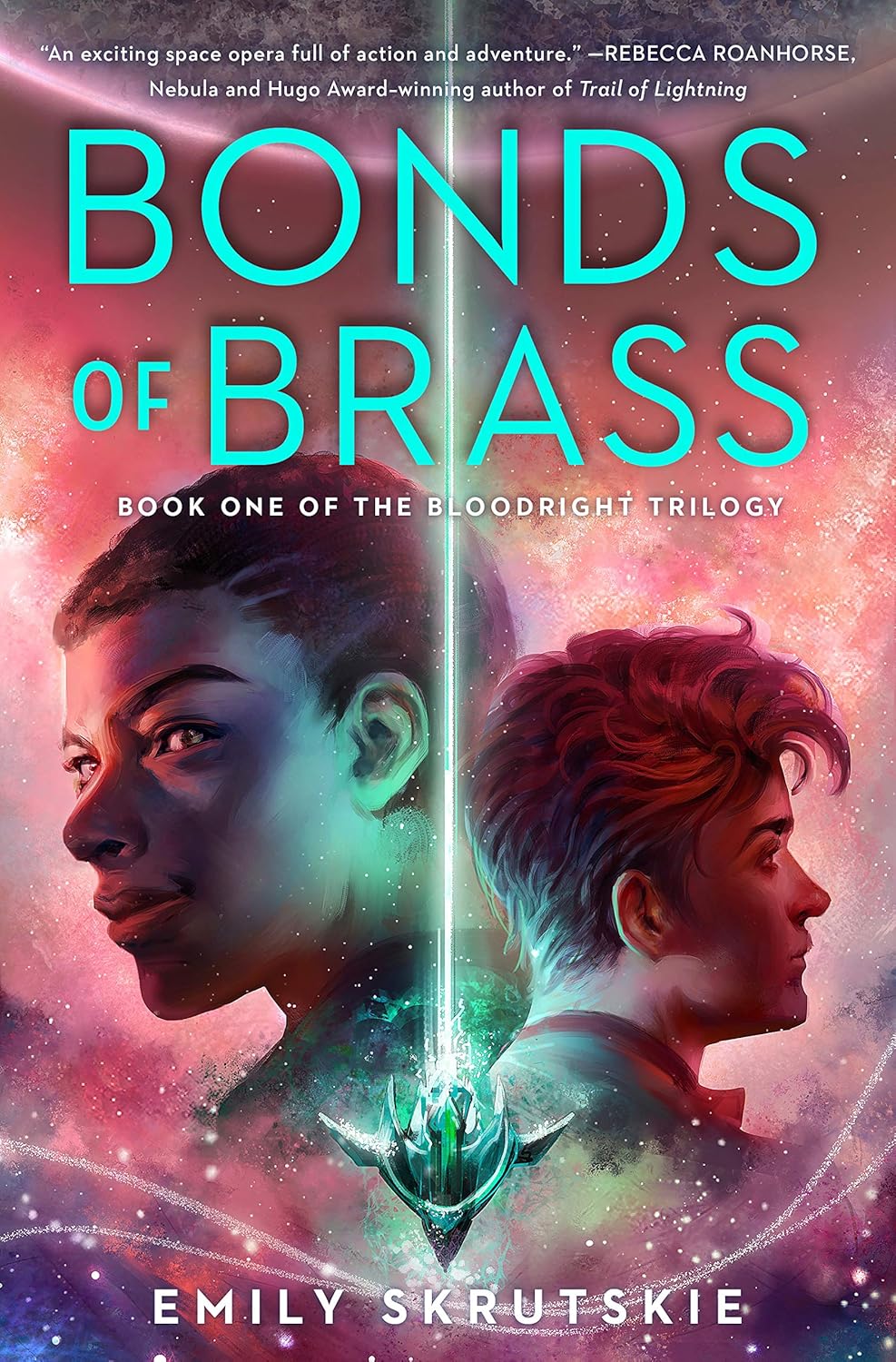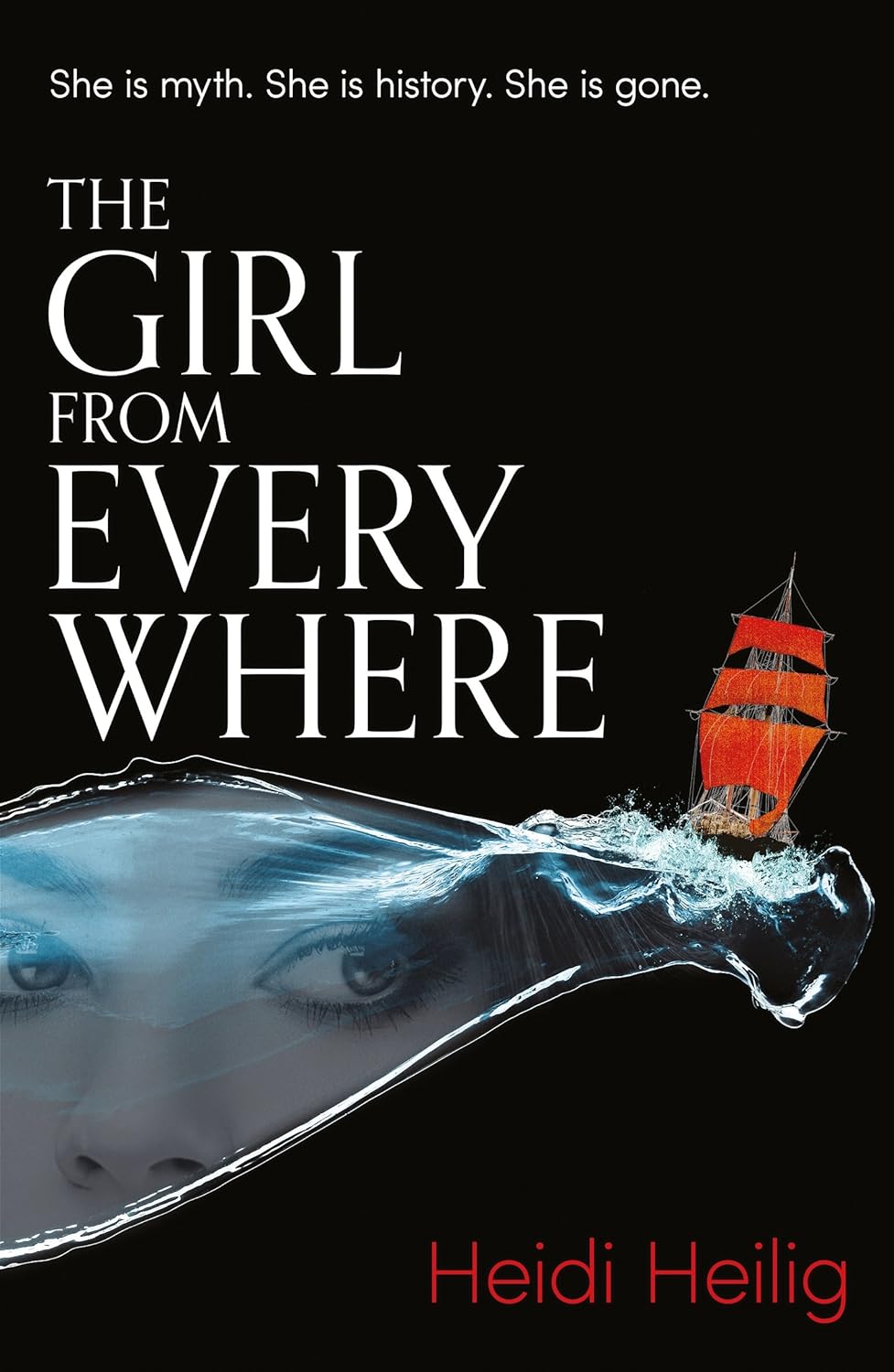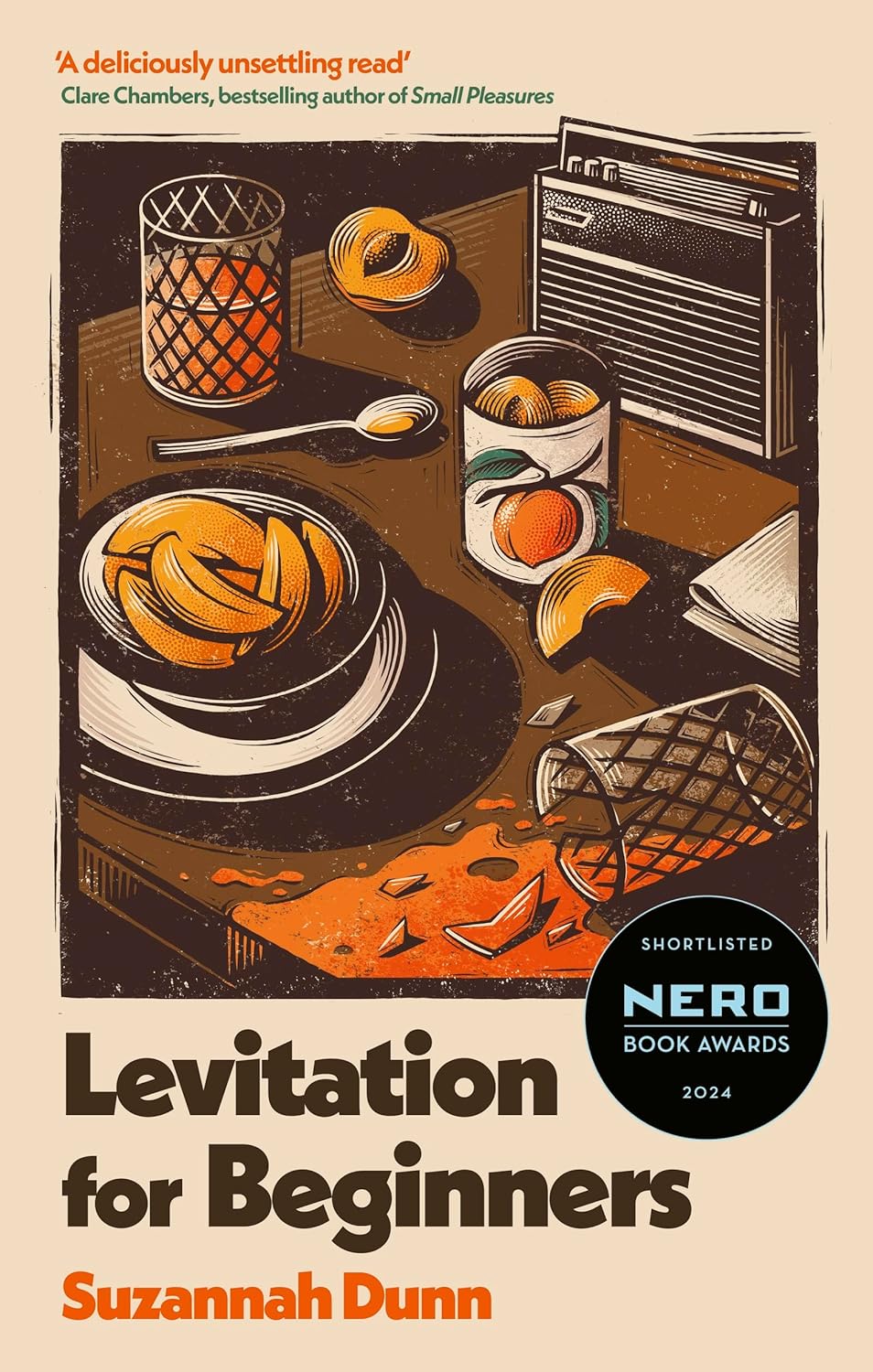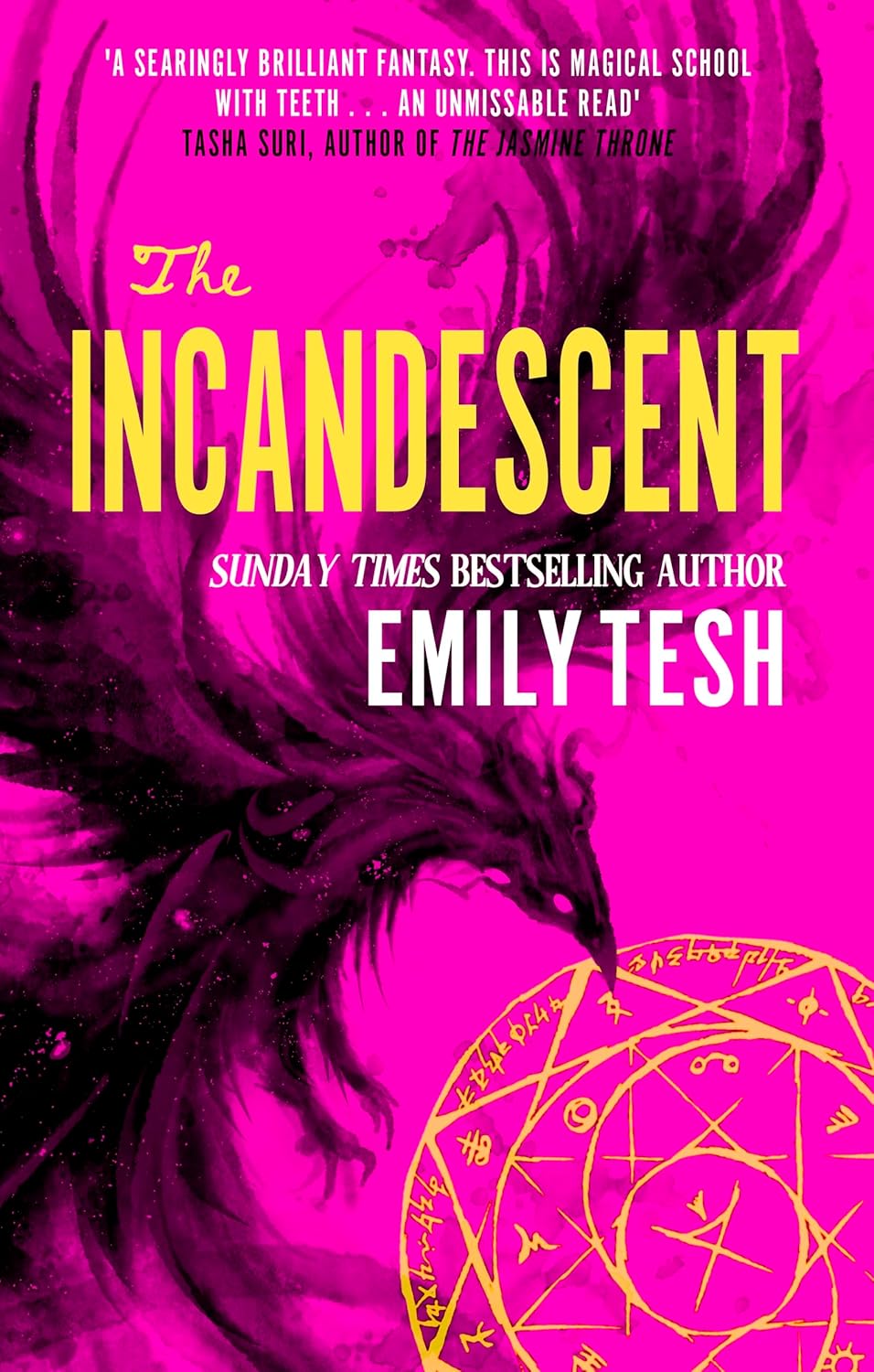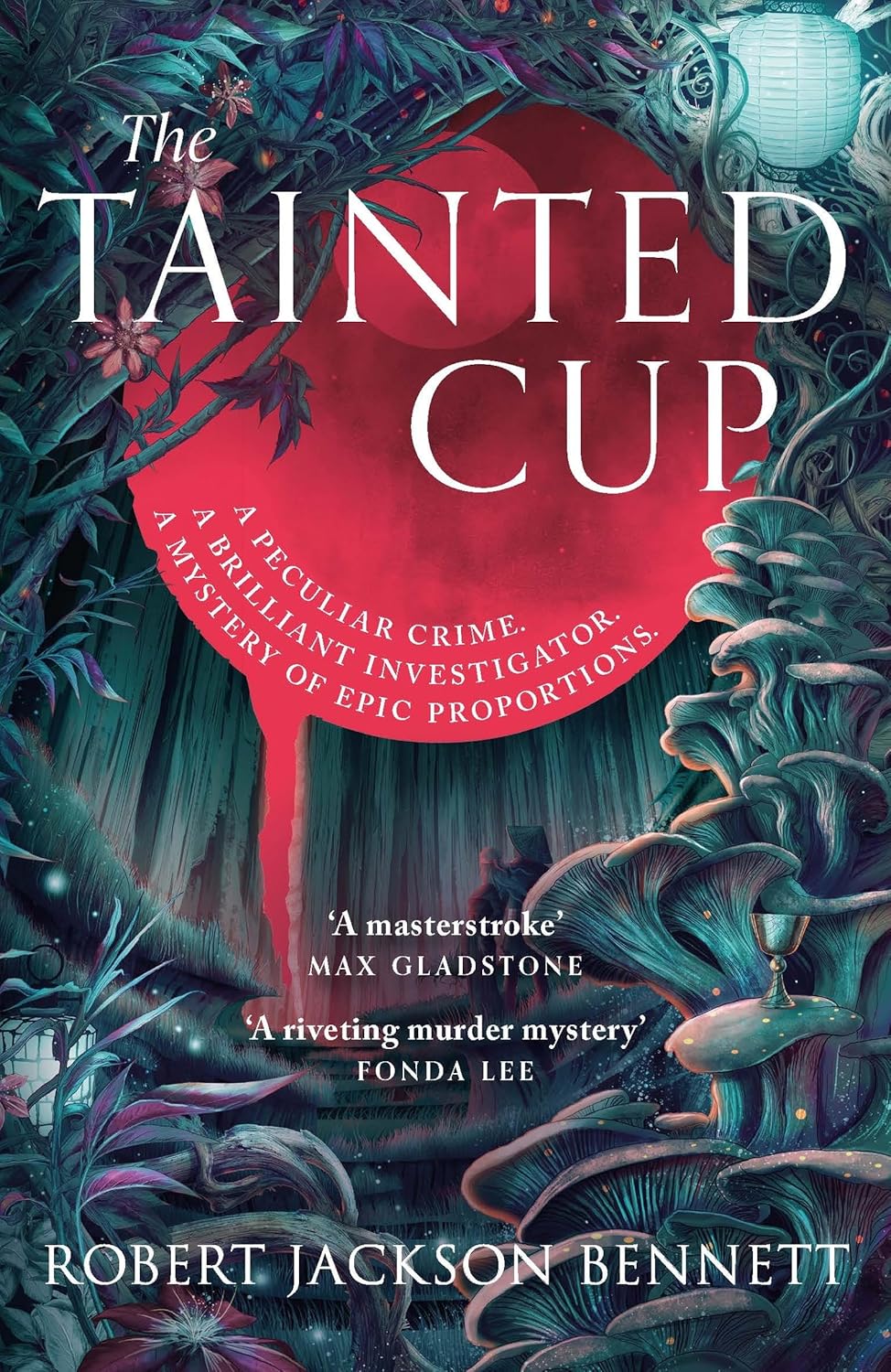'Man’s immortality is not to live forever; for that wish is born of fear. Each moment free from fear makes a man immortal.’ The rose-red on the hilltops changed to gold. He stood between death and life as between night and morning, and thought with a soaring rapture, I am not afraid. It was better than music or his mother’s love; it was the life of the gods. No grief could touch him, no hatred harm him. Things looked bright and clear, as to the stooping eagle. He felt sharp as an arrow, and full of light. [p. 120]
This first volume of Renault's 'Alexander' trilogy covers the life of Alexander the Great from childhood (he's four years old in the first chapter) to the death of his father, King Philip of Macedon. It explores the conflict between his parents: Olympias, fierce and domineering, an acolyte of Dionysus and perhaps of darker goddesses, and Philip, drunken and lascivious but still a fearsome warrior and charismatic leader. Olympias tells Alexander that he is descended, via her, from Achilles: and she likes to hint that Alexander is not Philip's son at all.
Alexander is intelligent, good-looking and determined. Whatever he sets his mind to -- playing the kithara, taming a horse, making his way across country to kill his first man in battle -- he achieves. (Philip rarely appreciates his son's accomplishments.) Hephaistion loves him helplessly, though not hopelessly: their relationship does become sexual, though it's clear that Alexander could as easily have remained chaste. Ptolemy, who may be his half-brother, swears blood-brotherhood with him.
This being Hellenic antiquity, the women get a rough deal. "...at the best? The loom, the bed, the cradle; children, the decking of bride-beds, clacking talk at the hearth and the village well; bitter old age, and death. Never the beautiful ardours, the wedded bond of honour, the fire from heaven blazing on the altar where fear was killed." [p. 246]. There's a scene between Alexander and his sister Kleopatra, when Philip's arranging for her to marry her maternal uncle: she says 'The gods are unjust to women.' ‘Yes,' says Alexander. 'I have often thought so. But the gods are just; so it must be the fault of men.’ [p. 338] There is a girl who flirts with him: his mother is implicated in her death. And he loses his (heterosexual) virginity to another girl, whom Olympias has sent to him. His heart, though, is given to Hephaistion.
The prose is dense: Renault writes tremendously evocative scenes, full of sensory detail and of the characters' response to their environment. She can say as much in a wordless scene as with a page of dialogue. Fire from Heaven is told in omniscient third person, with characters' thoughts described as freely as their actions. Its centre, though, is always Alexander, and the historical and psychological forces that shaped him.
I found Renault's depiction of ancient Hellenic society and culture -- with its constant brutal violence and danger, its appreciation of beauty and learning, and its religious and spiritual practices -- compelling, coherent and very different to post-medieval life. Alexander is the centre of the novel, and the epitome of a Macedonian prince. To modern eyes, he is monstrous: a calm, efficient, brutal killer. But Mary Renault makes him heroic, and makes us see him thus. I was occasionally reminded of Dorothy Dunnett (whose Lymond novels also centre on a gifted young man and the forces that shape him): there's something about the style (perhaps a convention of mid-20th century novels?) and especially the descriptions. Perhaps they are both mythologising.
I purchased this copy in 2019: I'm pretty sure I read the novel decades ago, and did not especially appreciate it. Now, with a reignited interest in Ancient Greece, and a better idea of the politics / warfare of the region, I found it fascinating -- and Renault's prose is addictive.
























